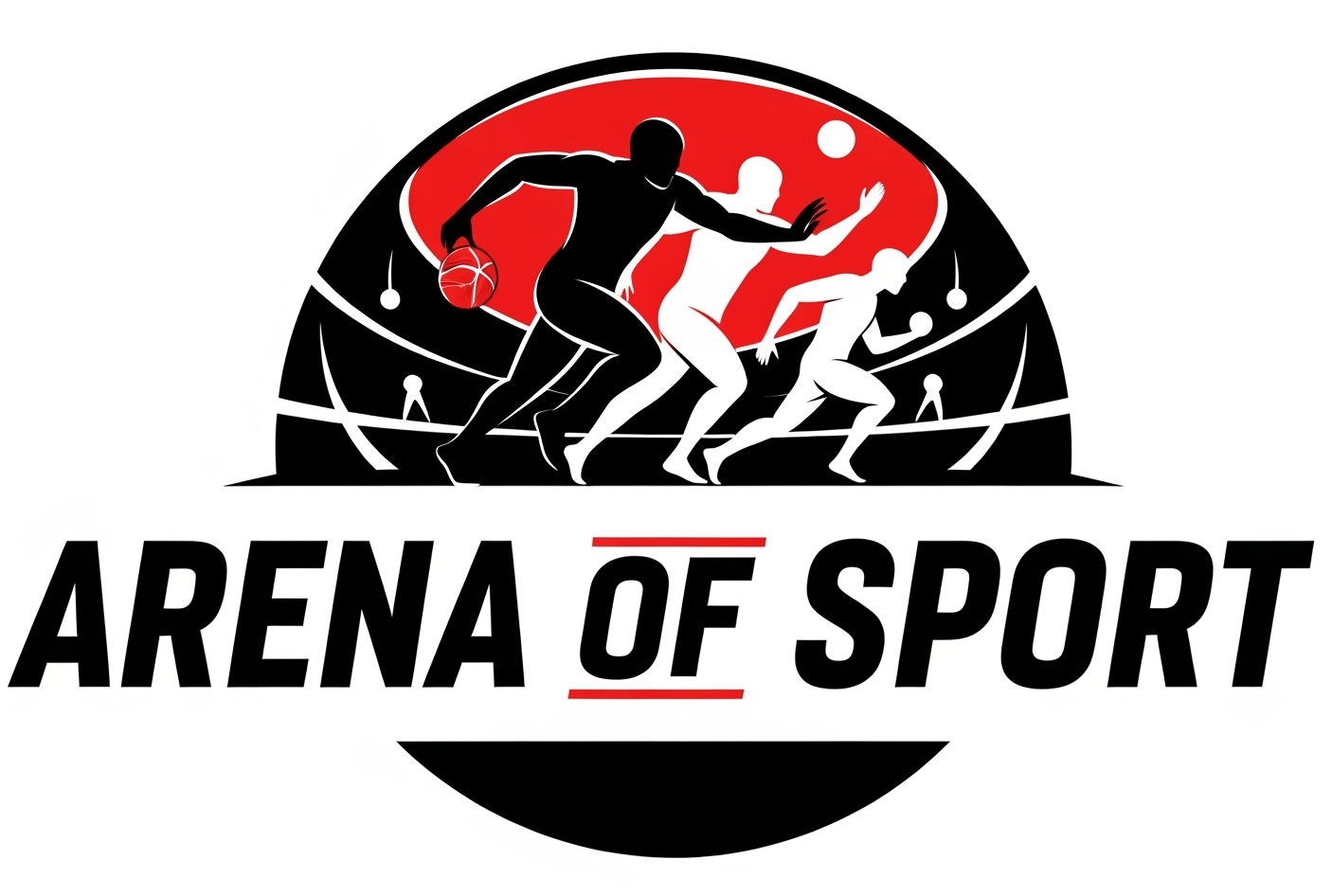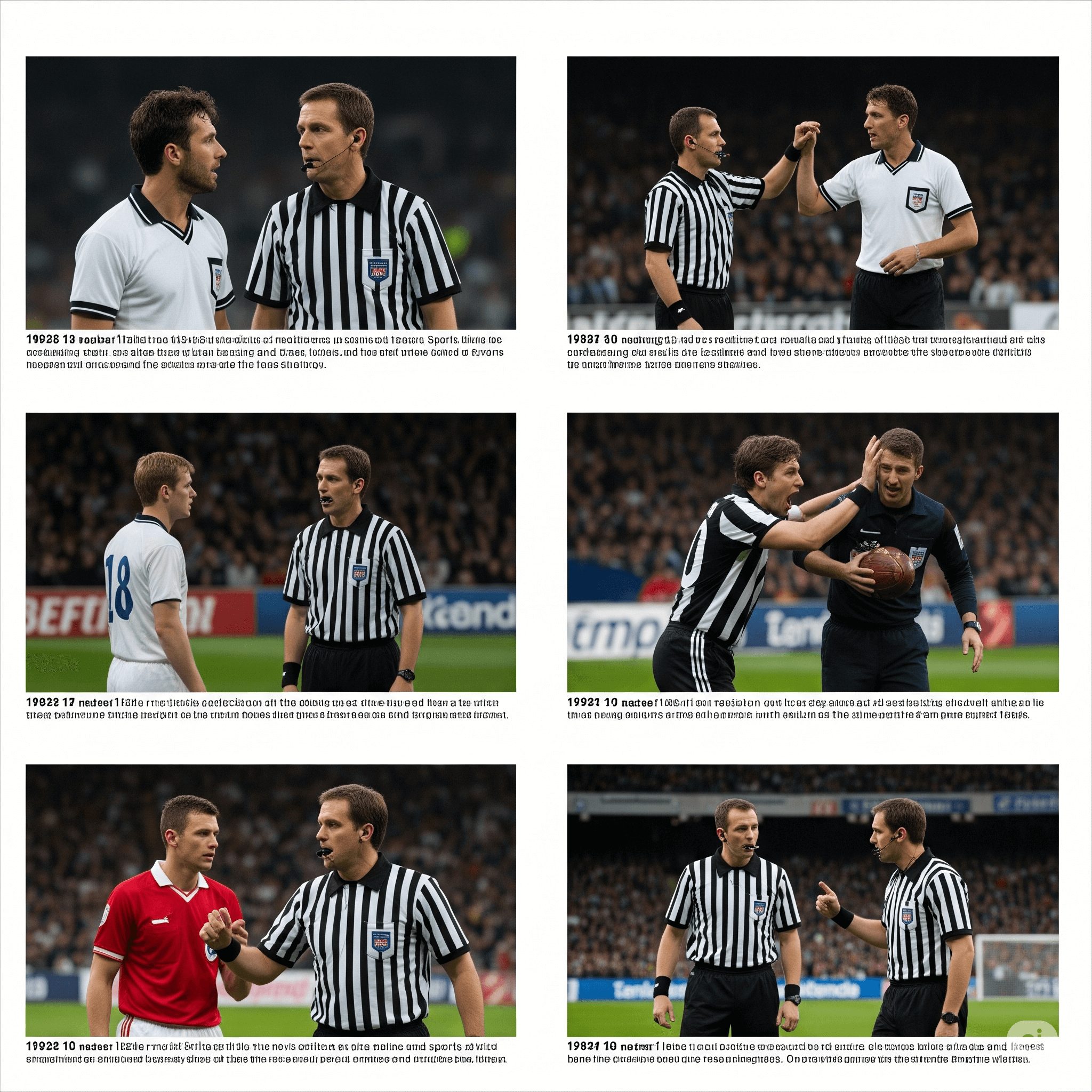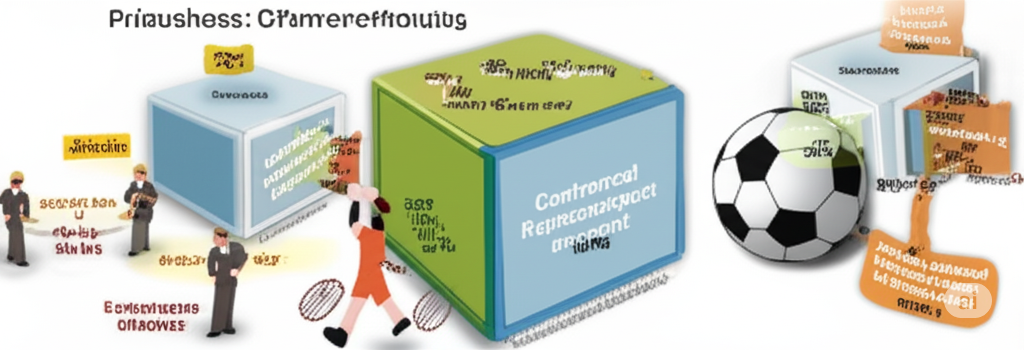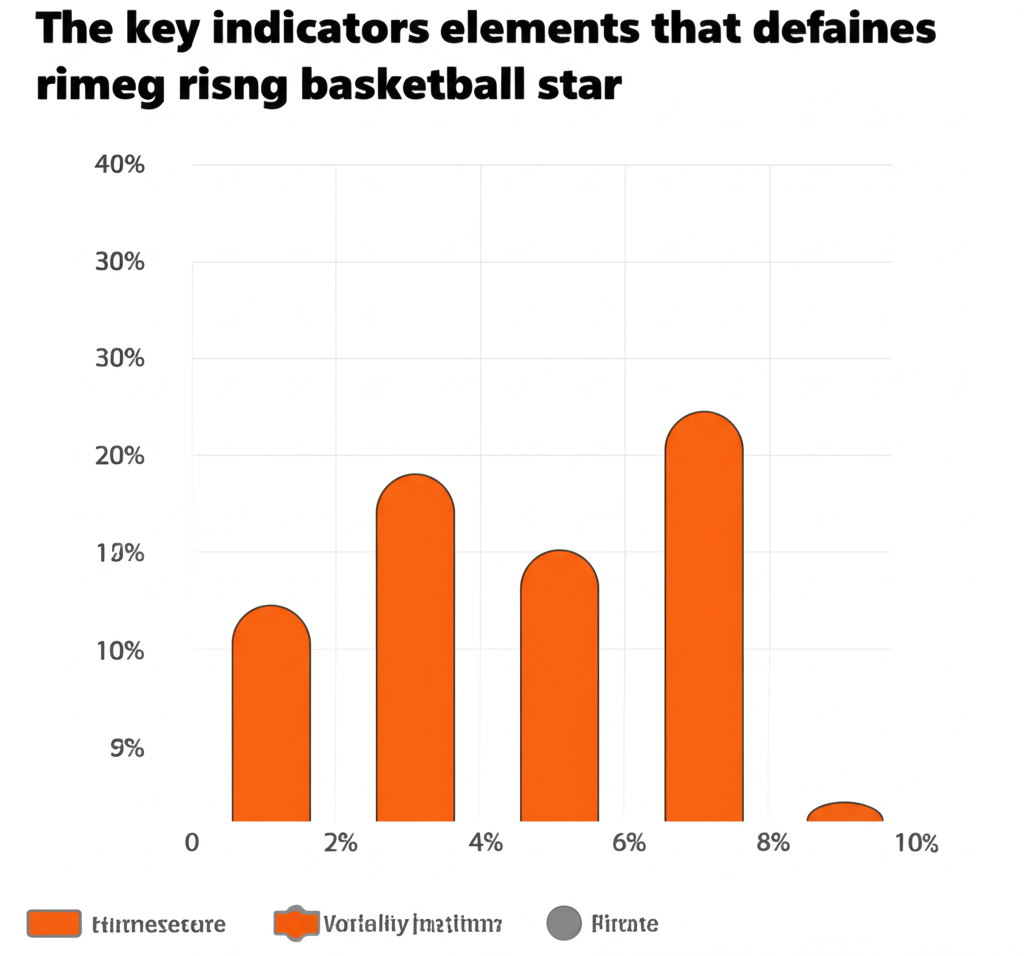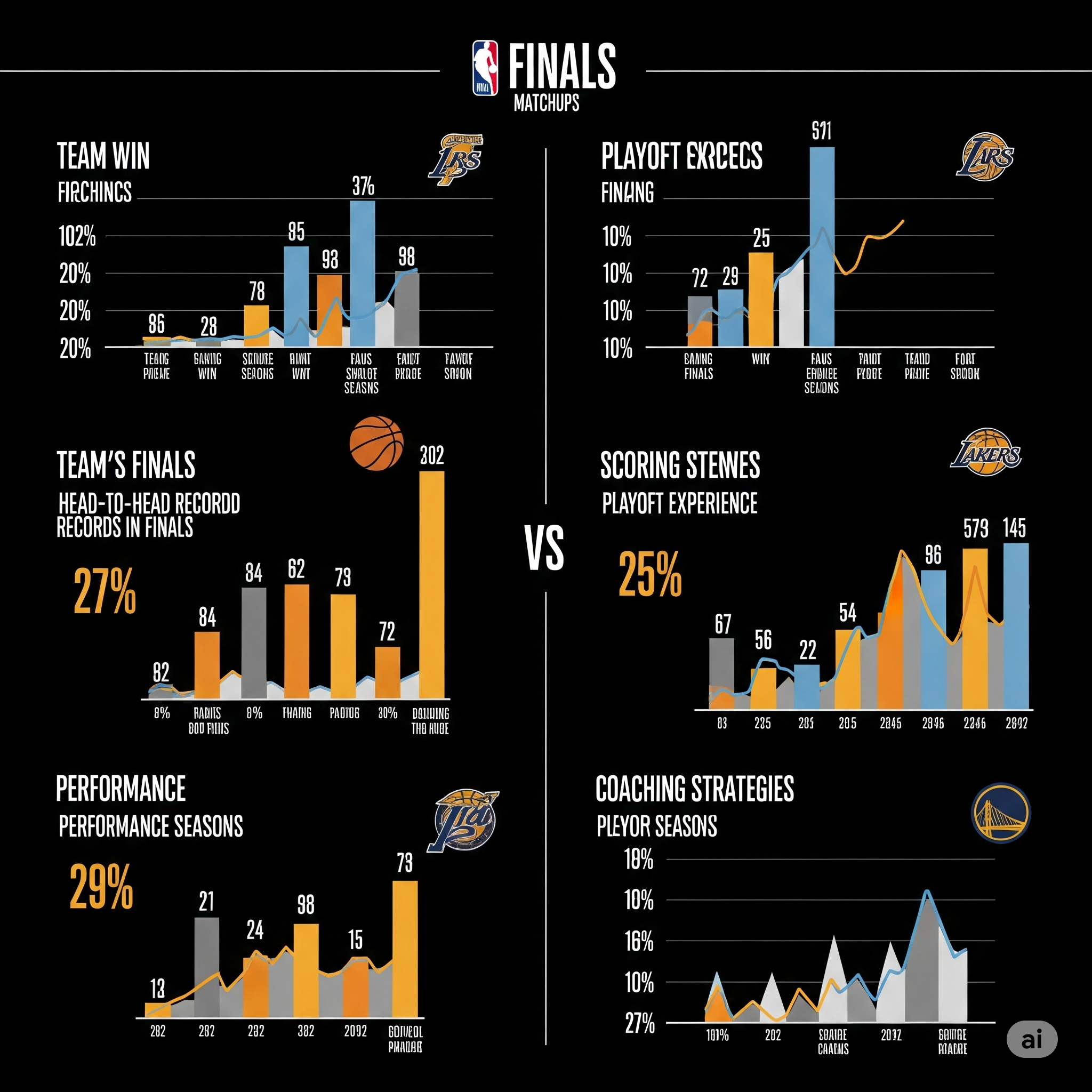June 22, 1986. Estadio Azteca, Mexico City. Diego Maradona rises to punch the ball past England goalkeeper Peter Shilton. The referee sees nothing. Four minutes later, Maradona scores the greatest goal in World Cup history. Two completely different moments — one born from deception, the other from genius — yet both equally define football’s most controversial figure. That’s the beautiful madness of sports: referee decisions don’t just affect games, they create legends, destroy careers, and alter the course of sporting history. From phantom punches that crowned undeserving champions to technology wars that divide traditionalists, controversial officiating has shaped sports culture as much as the athletes themselves. These aren’t just bad calls — they’re the moments that prove sports isn’t just about winning and losing, but about human drama at its most raw and unpredictable.
The hand of God and phantom punches — when referees became unwitting villains in sporting folklore
Sports history is littered with referee decisions that transcended their immediate impact to become cultural touchstones. These moments don’t just affect scoreboards — they create lasting narratives about fairness, justice, and the human element in competition.
Maradona’s divine intervention that split a nation
The “Hand of God” goal wasn’t just cheating — it was geopolitical theater disguised as football. Four years after the Falklands War, Argentina faced England in a World Cup quarterfinal charged with national tension. When Maradona clearly punched the ball past Peter Shilton, Tunisian referee Ali Bin Nasser faced an impossible choice. Award the obvious handball and face 114,000 hostile Mexican fans, or let it stand and become complicit in one of football’s greatest controversies.
Boxing’s phantom punches that crowned false champions
Boxing has suffered more from poor officiating than perhaps any other sport. The 1927 “Long Count” fight between Gene Tunney and Jack Dempsey saw referee Dave Barry fail to start his count immediately after Tunney hit the canvas, giving the champion crucial extra seconds to recover. Seventy years later, fans still debate whether Tunney received an unfair advantage that preserved his heavyweight title.
Basketball’s phantom foul that decided championships
The 2002 Western Conference Finals between Sacramento and Los Angeles remains basketball’s most controversial officiating performance. Game 6 featured 27 free throw attempts for the Lakers in the fourth quarter alone, including phantom fouls that erased Sacramento’s championship dreams. NBA referee Tim Donaghy later claimed the game was influenced by league officials wanting a Lakers-Celtics Finals matchup for television ratings.
Technology versus human judgment — how VAR and instant replay changed everything
The introduction of video technology promised to eliminate controversial decisions, but instead created new forms of controversy. VAR in football, instant replay in American sports, and Hawk-Eye in tennis have reduced obvious errors while generating heated debates about the role of technology in sports.
The VAR revolution that divided football purists
Video Assistant Referee technology was supposed to correct “clear and obvious errors,” but defining those terms proved impossible. Every VAR decision becomes a philosophical debate about the spirit versus letter of the law. Supporters argue that technology ensures fairness; critics claim it destroys the game’s natural flow and removes human emotion from officiating.
Instant replay’s unintended consequences in American sports
American football pioneered comprehensive replay review, but the system created unexpected problems. Games became longer and more stilted. Coaches began challenging obvious calls for strategic reasons. The human element that made sports unpredictable was gradually eliminated in favor of technical perfection that often felt sterile and unsatisfying.
Tennis technology that ended arguments but started new ones
Hawk-Eye technology in tennis virtually eliminated line-calling disputes, but players now strategically use challenges as timeout opportunities. The system that was meant to be purely objective became another tactical element, changing how matches are played and managed.
Match-fixing scandals that shook the sporting world — corruption beyond incompetence
Sometimes controversial decisions aren’t mistakes — they’re crimes. Match-fixing scandals have revealed the dark intersection between sports, gambling, and corruption, destroying public trust and raising questions about competitive integrity.
The most devastating match-fixing scandals involve referees directly manipulating outcomes for financial gain. These cases go beyond poor judgment to criminal conspiracy, fundamentally undermining the premise that sports competitions are fair and honest.
Serie A’s Calciopoli — when Italy’s beautiful game turned ugly
- Systematic referee selection: Club officials influencing which referees worked specific matches
- Communications evidence: Recorded phone conversations revealing coordination between clubs and officials
- Punishment severity: Juventus relegated to Serie B, titles stripped, massive point deductions
- Long-term consequences: Fan distrust, reduced attendance, damaged international reputation
- Ongoing suspicions: Continued speculation about corruption in Italian football
- Reform efforts: New oversight systems and transparency measures implemented
The Calciopoli scandal revealed that corruption extended beyond individual bad calls to systematic manipulation of competitive balance, fundamentally altering how fans viewed Italian football.
NBA’s Tim Donaghy scandal — betting on games you control
Tim Donaghy’s confession that he bet on games he officiated while providing information to gamblers created an existential crisis for professional basketball. If referees could influence outcomes for personal profit, how could fans trust any close game’s legitimacy?
Championship-altering decisions — how single calls rewrote history books
Individual referee decisions have changed the trajectory of entire sports dynasties, creating alternate histories where different teams become champions and different players become legends.
The stolen touchdown that cost a perfect season
In 1972, the Miami Dolphins completed the NFL’s only perfect season, but they nearly lost it in the AFC Championship game against Pittsburgh due to a controversial touchdown call. Franco Harris’s “Immaculate Reception” involved a deflected pass that officials ruled legal, though replays suggest the ball may have touched a Pittsburgh player first — making the catch illegal under 1972 rules.
Soccer’s ghost goal that haunted England for decades
England’s 1966 World Cup victory was tainted by the most controversial goal in football history. Geoff Hurst’s shot in extra time against West Germany hit the crossbar and bounced down near the goal line. Swiss referee Gottfried Dienst consulted his Soviet linesman, who indicated the ball had crossed the line. England won 4-2, but German fans spent decades arguing the goal never crossed the line.
The psychology of officiating under pressure — why good refs make terrible mistakes
Referee psychology under extreme pressure reveals fascinating insights about human decision-making. The best officials in the world still make crucial errors when stakes are highest, crowds are loudest, and pressure is most intense.
Crowd influence on referee decision-making
Research proves that crowd noise and home team support influence referee decisions, even among experienced officials. Referees unconsciously favor home teams in close calls, award more stoppage time when home teams are losing, and call fewer fouls against popular players.
The championship game paradox
Referees often “swallow their whistles” in crucial games, avoiding calls that might decide outcomes. This reluctance to influence results paradoxically influences results by allowing more physical play and potentially advantaging teams that benefit from looser officiating.
Cultural bias and home advantage — the invisible influence on referee decisions
Referee decisions are influenced by factors beyond the rules: cultural expectations, crowd pressure, and unconscious biases that favor familiar players, teams, and playing styles.
Legacy calls that haunted careers — when controversial decisions defined athletes forever
Some athletes are remembered more for controversial calls that affected them than for their actual performance. These decisions become inseparable from their legacies, overshadowing careers and defining how history remembers their achievements.
The cruelest aspect of controversial officiating is how it can define athletic legacies. Players spend decades perfecting their craft, only to have their careers remembered for decisions completely beyond their control. Yet these moments also reveal sports’ essential humanity — the reality that despite all our technology and rules, human judgment remains beautifully, frustratingly imperfect.
